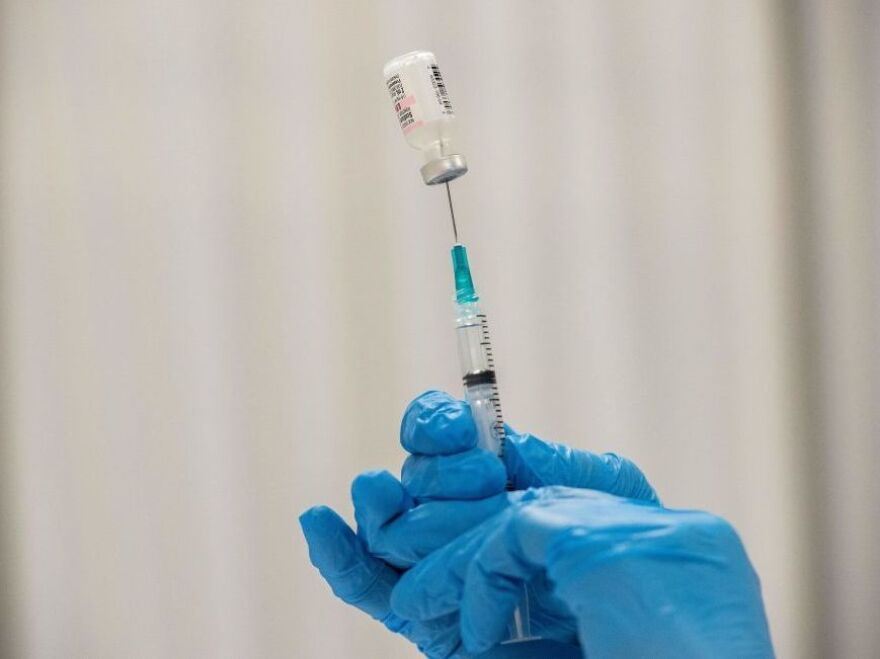A small new study offers a glimmer of hope that giving organ transplant recipients a third dose of the COVID-19 vaccine could boost their protection against the coronavirus.
That's important because prior research has shown that nearly half of organ transplant recipients failed to show any antibody response even after two doses of the Pfizer or Moderna vaccine.
And even in transplant recipients who showed an antibody response to vaccination, that response was often more muted than in people with healthy immune systems. That has led doctors to advise these patients not to assume that vaccination equals immunity. More than 400,000 people in the U.S. are living with organ transplants, according to the Scientific Registry of Transplant Recipients.
In the new study, published this week in the Annals of Internal Medicine, researchers from Johns Hopkins School of Medicine tracked 30 organ transplant recipients who got a third dose of COVID-19 vaccines.
They found that one-third of the patients who previously had no detectable antibodies showed an increase in their antibody levels after a third dose. And all of the patients who previously showed low levels of antibodies after two vaccine doses showed high levels of antibodies after their third dose.
"So for all involved, [these are] encouraging findings that we might be able to ultimately really reach protective immunity in immunosuppressed people," says Dr. Dorry Segev, a transplant surgeon at Johns Hopkins Medicine and an author of the study. While the findings are preliminary, he says they're also consistent with previous research on how transplant recipients respond to other vaccines.
The researchers say this is the first study to report on the response to a third vaccine dose. In this observational study, they tracked a group transplant recipients who had sought out third doses on their own, testing their antibody levels after the doses.
The researchers say their findings support the use of clinical trials to determine whether transplant recipients should receive COVID-19 vaccine boosters as part of standard clinical care. If the findings are replicated in larger studies, they may have implications for some other types of immunocompromised patients. In fact, in France health officials already recommend that severely immunocompromised patients, including organ transplant patients, dialysis patients, and others, receive a third dose of the Pfizer or Moderna vaccine.
Segev says he expects more data on the efficacy of giving third doses to immunocompromised patients to come out of France.
"Obviously, the thing we need to learn ... is who's going to respond to the third dose?" he says. "Who needs other changes beyond just a third dose," such as temporary changes in their immunosuppressive medications, to improve their antibody response to vaccination.
Segev and his colleagues are currently seeking regulatory approval to launch an interventional study where they can give transplant recipients a third dose of the vaccine and monitor their responses. They hope to be able to enroll participants in the next month or two.
But for now, "the best thing all of us can do for immunosuppressed people is to all get vaccinated so that our normal immune systems can protect the vulnerable friends and family among us who have suppressed immune systems," he says.
Copyright 2021 NPR. To see more, visit https://www.npr.org.



